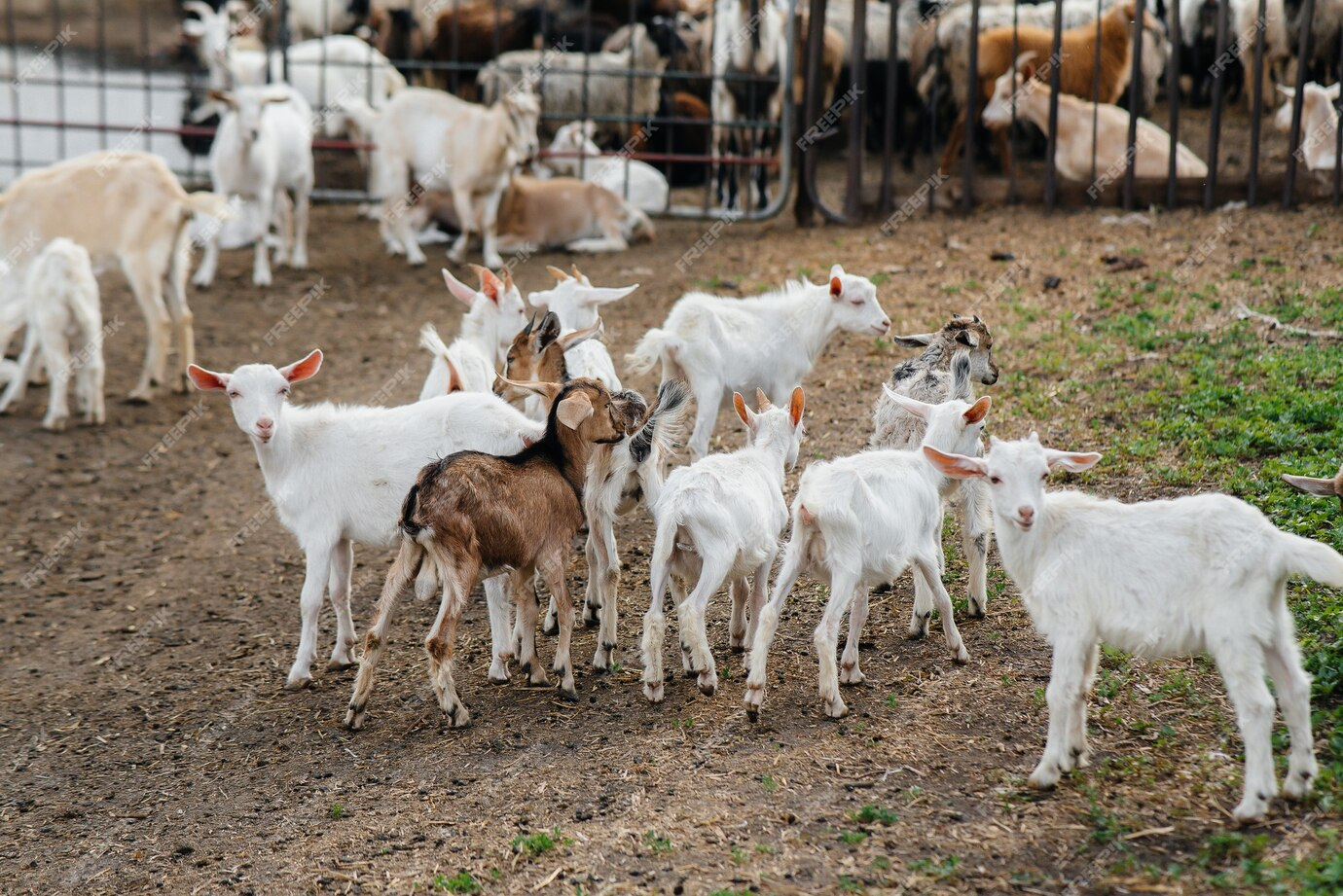
BY Charles Dhewa EVERY income stream associated with African food commodities has unique socio-economic flavours, according to farmers and traders who have been participating in African mass food markets for many years. Farmers and elders with different sources of income tend to have diverse tastes and fulfilment nuances compared to those who depend on one source of income.
Where some farmers see horticulture as a source of petty cash, farmers who receive a lump sum income once a year have different fulfilment levels to those who earn a monthly pension.
Why is this the case?
Income from each commodity has different tastes due to several factors. Timing and the farmer’s financial position when s/he receives the income brings some unique taste and flavour to that income. For instance, farmers who specialise in cucumbers in southern Africa often sell beginning of September through to December when prices are good and the farmers have no other income. Incomes that show up in the absence of other sources of income bring more satisfaction than regular incomes such as rentals.
Commodities that sell easily and quickly make the marketing experience enjoyable and quite fulfilling. This applies to several commodities including cucumbers and tomatoes when competition is limited. It can take less than an hour to sell more than 50 bags of cucumbers or sweet potato, with much of time spent on allocating the bags to different buyers competing for the commodity.
Some of the unique financial flavour comes from selling bulky commodities that are offloaded in huge volumes such as cabbages and water melon. Selling different sizes to different buyers for different prices also brings its own air of satisfaction. Also fulfilling is competing with other farmers to sell commodities by size. The excitement and pride of attracting more buyers to your commodities due to your sizes on offer cannot be expressed through dollars and cents.
The value of competition between buyers
Pressure and competitive spirit between buyers competing for commodities produces a great feeling which encourages farmers to go back and perform much better in order to continue pleasing diverse customers. When a commodity is selling very well, the farmer enjoys the process and income to the extent of prescribing the currency and denomination. For instance, the farmer can dictate that s/he prefers buyers using higher currency denominations like 20s and 50s that are easy to count. The satisfaction of setting the rules of the game is incredible.
- Chamisa under fire over US$120K donation
- Mavhunga puts DeMbare into Chibuku quarterfinals
- Pension funds bet on Cabora Bassa oilfields
- Councils defy govt fire tender directive
Keep Reading
The intangible value of positive comments
Positive comments coming from customers to farmers is far too fulfilling and encourages farmers to enjoy coming to the market. Such positive and encouraging comments are often not received by farmers who sell to formal institutions like supermarkets where the relationship is very impersonal.
In fact, customers who buy from supermarkets praise the supermarket for selling good quality commodities, not the farmer whom they do not meet. All the credit goes to the supermarket as if it is the food producer.
Commodities that customers can taste for freshness and flavour also bring tremendous satisfaction to farmers. Such commodities include carrots, cucumber, okra, fresh groundnuts and wild fruits. Breaking okra pods or tubers for customers to appreciate freshness is such a great feeling for farmers and consumers.
Receiving cash from diverse consumers and stashing it in a bag is so enjoyable that it triggers a generous spirit among the farmers who end up donating some of the commodities to consumers in smaller portions as part of discount or appreciation. Fruits like banana, mango and others that can be sold in singles are often given away to consumers in appreciation. This does not happen in formal markets.
What about selling commodities at farm-gate?
Farmers who sell their commodities at farm-gate have their own advantages but they are not exposed to the same satisfaction and marketing experience like what happens in the mass market. Where possible, it is in the interest of farmers to visit the market where customers provide comments and share valuable feedback.
In most cases, customers are also quality controllers who can tell farmers how to improve the quality of butternuts, water melons and other commodities which may need to be produced in certain ways in order to meet customer satisfaction. Variety choice is picked from the market including critical aspects like performance of different varieties in different production areas and micro climates.
Fundamental details like varieties, packaging, time and the general negotiation skills can be learnt more and perfected in the market than at farm-gate. The market exposes a farmer to information that s/he may not get through formal communication channels, field days or agricultural shows. For instance, the mass market can open farmers’ eyes to the fact that inferior products like small cobs or tubers that may be discarded at farm-gate actually have buyers in the mass market. This enables farmers to earn income they would otherwise throw away at the farm where, in most cases, inferior grades have no takers especially for commodities like cucumbers, butternuts, water melon and others.
Barometer for an African market
Formal companies that only take better grades of commodities and ignore inferior grades are not an authentic barometer of an African market. Mass markets are the real barometer because they take everything including small sizes which have their own buyers. Taking commodities to the mass market enables farmers to build a strong customer base.
More importantly, the mass market experience is totally different from the agricultural show which is all about exhibiting. The agricultural show is also impersonal in that when a farmer brings a commodity for competing, the commodity is judged in the farmer’s absence. The farmer is not given direct feedback on what needs to be improved or what other competing farmers have done to receive better scores.
On the other hand, farmers who visit the mass market tend to go back and perform better than those who frequent agricultural shows or wait for buyers to come and buy on-farm.
It is from the market where farmers learn now different soil types like sandy and red normally produce different qualities and size of potatoes and peppers, for instance. However, very few customers are sophisticated enough to tell differences in flavor by soil types and micro climates in production zones. Consumers should be made aware and conscious about the value of flavor and taste. Different climatic conditions, temperatures, water with different chemical properties as well as soil types and structures give different flavours to food.
African mass food markets are good at mobilising diverse food flavors that people at community level used to their own local food system may not be exposed to. Many consumers may not know that oranges need high temperatures to produce the relevant taste. That is why they do not do well in cold temperatures. Some of this knowledge is the domain of technical experts who are often solving problems which farmers and ordinary consumers may never know exist.
- Charles Dhewa is a proactive knowledge broker and management specialist











